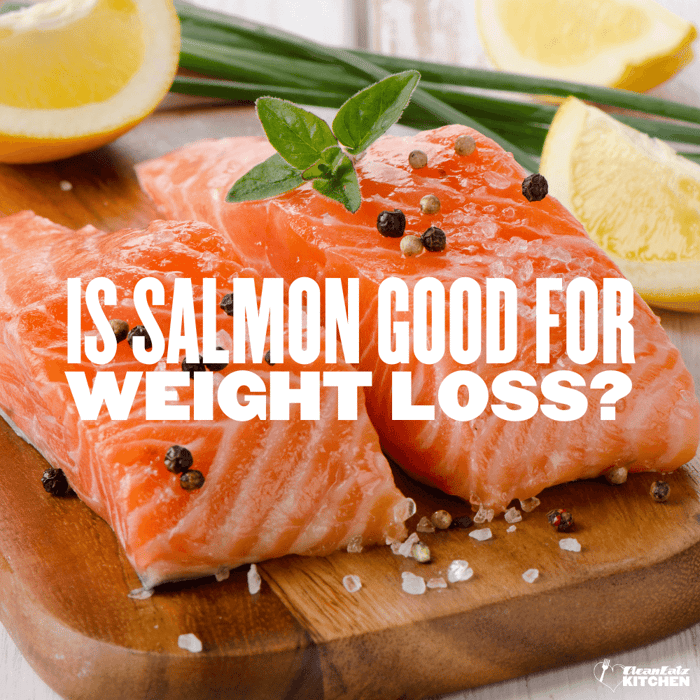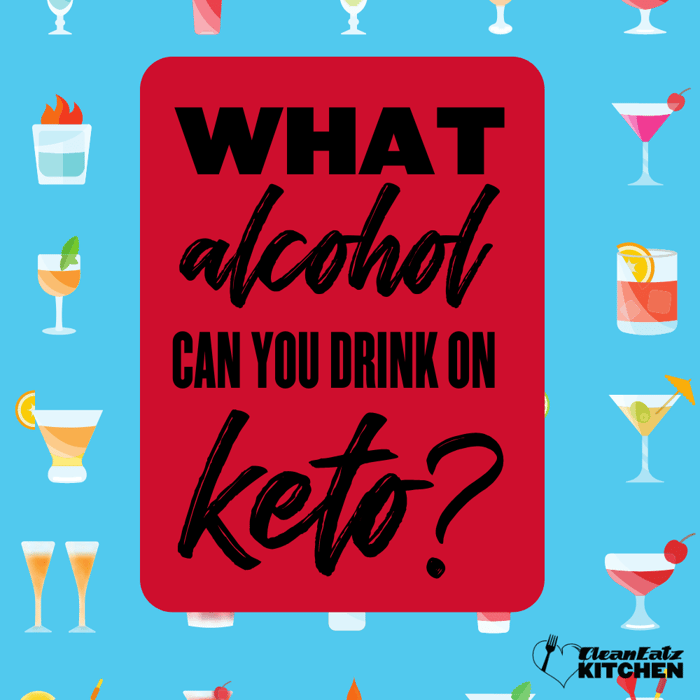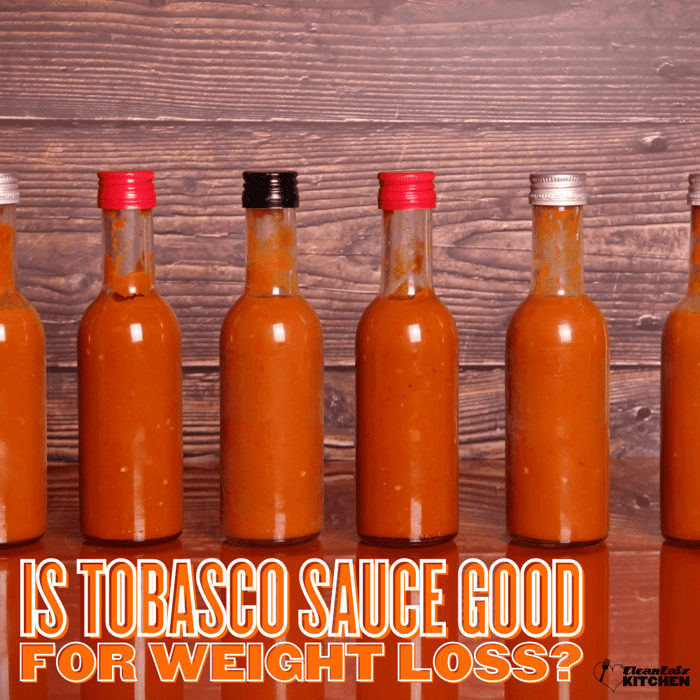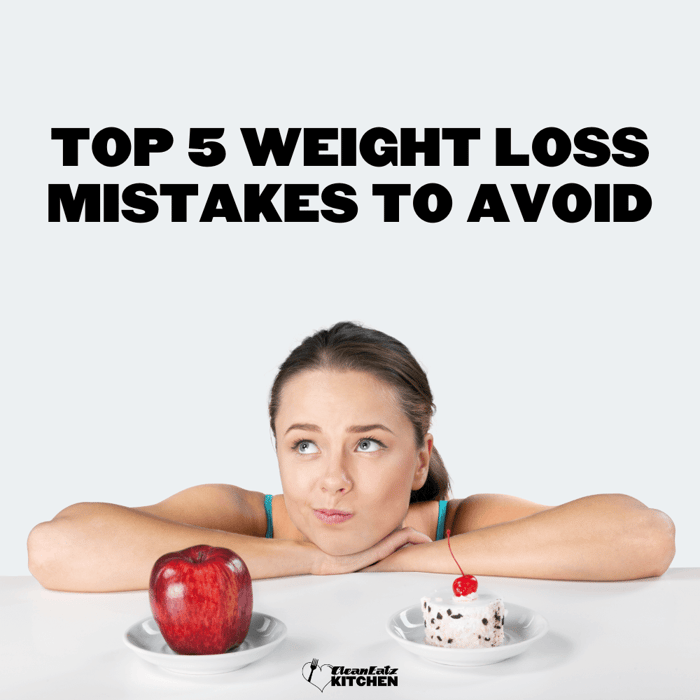Last updated: September 11, 2025
Is Salmon Good for Weight Loss?
Short answer: Yes—salmon can be excellent for weight loss. It’s high in protein, naturally satisfying, and provides heart-healthy omega-3 fats. Keep portions measured and use light cooking methods, and salmon fits easily into a calorie-controlled plan.
Why Salmon Helps With Weight Loss
- Protein-dense: helps you feel full and supports muscle while cutting.
- Balanced macros: a mix of protein and healthy fats leads to steady energy and fewer cravings.
- Versatile & quick: bakes, grills, or air-fries in minutes—easy weekday option.
Want a simpler path? Our Weight-Loss Meal Plan and Build-a-Meal Plan keep protein and portions on target. Stock fast options from our High-Protein Box.
Nutrition at a Glance
Approximate per 3 oz (85 g) cooked; varies by species and prep.
- Calories: ~140–200
- Protein: ~17–23 g
- Fat: ~4–13 g (includes omega-3s)
Build Your Meal Plan Delivery
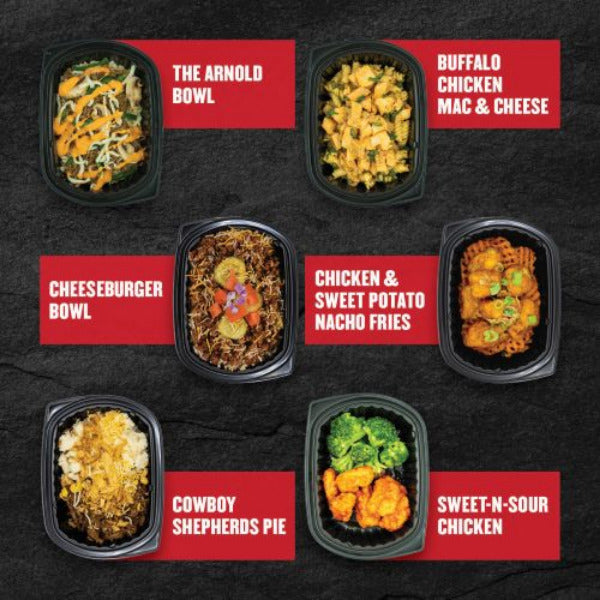
$53.95
30+ meal options. Fully cooked. Just $8.99/meal — delivered flash frozen. No subscription required. Build Your Own Meal Plan – Choose Your Menu Take control of your nutrition with our most popular offering. Choose any six chef-prepared, portion-controlled meals from… read more
How to Choose & Cook It
Choose
- Fresh or frozen fillets: both are great; thaw frozen in the fridge.
- Skin-on vs skinless: skin helps keep moisture; remove after cooking if preferred.
- Canned salmon: budget-friendly; choose water-packed and check sodium.
- Smoked salmon: tasty but often higher in sodium—use as an accent.
Light cooking methods
- Bake/Roast: brush with 1–2 tsp oil, add lemon/herbs; cook at 400–425°F until just opaque and flakes easily.
- Air-fry: 375–390°F for ~7–10 minutes depending on thickness.
- Grill or pan-sear: hot surface, minimal oil, finish with citrus and herbs.
Portions & How Often
- Per meal: 4–6 oz cooked salmon.
- Weekly pattern: many adults include seafood 2–3 times per week; rotate species for variety and taste.
- Special cases: if you’re pregnant/breastfeeding or have a specific medical plan, follow your clinician’s guidance.
Common Mistakes & Easy Fixes
- Heavy sauces: creamy or sugary glazes add fast calories—use herbs, citrus, mustard, capers.
- Free-pouring oil: measure 1–2 teaspoons; nonstick pans help.
- Only salmon, no veg or carbs: add vegetables and a measured carb for fullness and performance.
- Overcooking: pull when just opaque and flakes easily to keep it juicy.
- Relying on smoked salmon daily: watch sodium; rotate with baked or grilled fillets.
Simple Meal Ideas (≈400–600 kcal)
- Lemon-Dill Sheet Pan: 5 oz salmon, roasted broccoli/asparagus, 1/2 cup cooked rice; lemon & dill.
- Salmon Power Bowl: 4–5 oz salmon, 3/4 cup quinoa or rice, cucumber, tomatoes, greens, yogurt-dill sauce.
- Air-Fryer Salmon Tacos: 4 oz salmon in two corn tortillas, cabbage slaw, pico, lime yogurt.
- Canned Salmon Cakes (lighter): water-packed salmon, egg, panko, herbs; pan-sear with measured oil; serve with side salad.
- Smoked Salmon Breakfast Plate: eggs or cottage cheese, tomatoes/cucumber, capers, small whole-grain toast.
FAQs
Is salmon good for weight loss?
Yes—salmon is protein-dense and satisfying. Keep portions measured and cook with minimal added fats or sugary glazes.
How many calories and protein are in salmon?
About 140–200 calories and 17–23 g protein per 3 oz cooked, depending on species and cooking method.
Which is better for weight loss—wild or farmed salmon?
Both can fit. Wild is typically leaner; farmed may have more fat and calories per ounce. Portion and preparation matter most.
Is canned salmon healthy?
Yes. Choose water-packed, check sodium, and use in salads, cakes, or bowls. Bones in some cans add calcium and can be mashed in.
What’s the best way to cook salmon for weight loss?
Bake, air-fry, grill, or pan-sear with a measured amount of oil. Finish with herbs, citrus, mustard, or spice rubs instead of heavy sauces.
How often should I eat salmon?
Many people include seafood 2–3 times per week. Rotate salmon with shrimp, tuna, and white fish for variety.
Next Steps
Use salmon as a protein anchor in balanced meals—or let us handle it. Explore our Weight-Loss Meal Plan, build a week with Build-a-Meal Plan, and stock convenient proteins from our High-Protein Box.
Disclaimer: This article is for general information only and isn’t medical advice.

